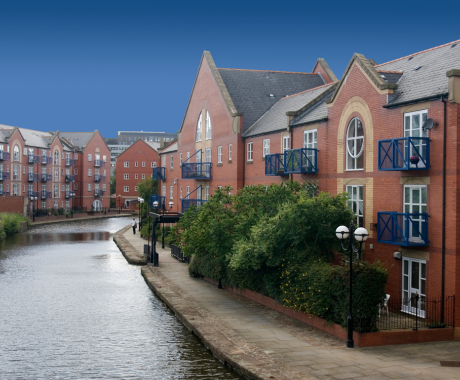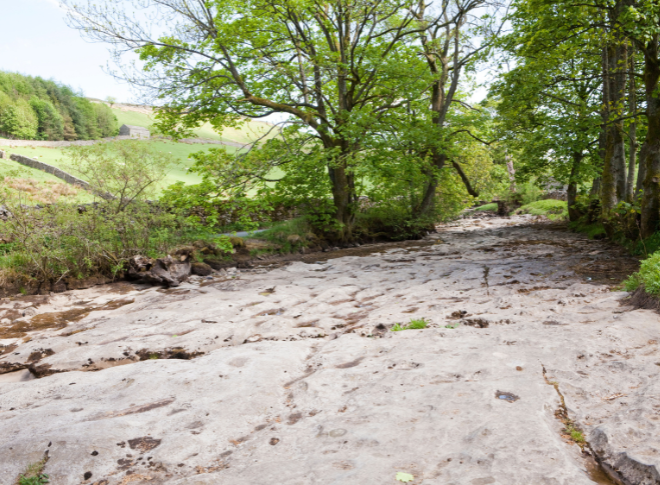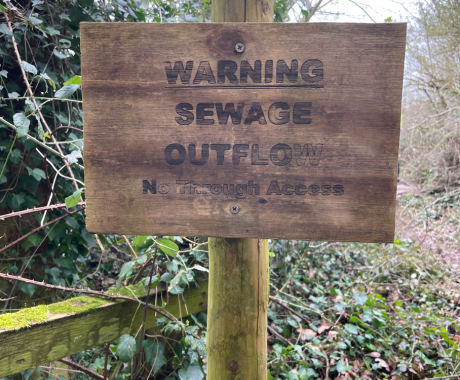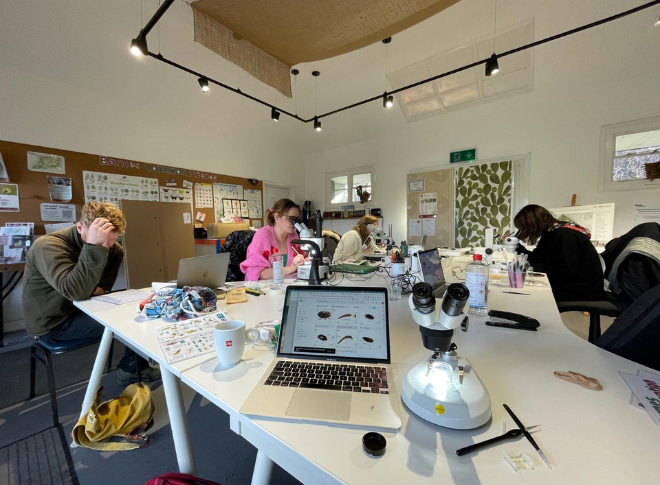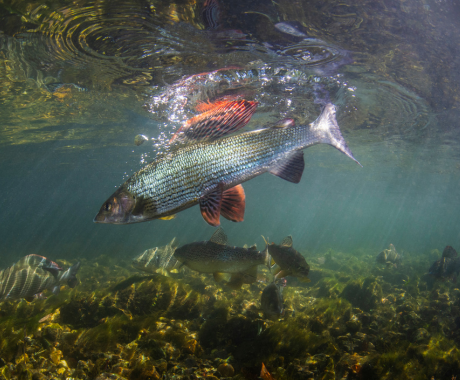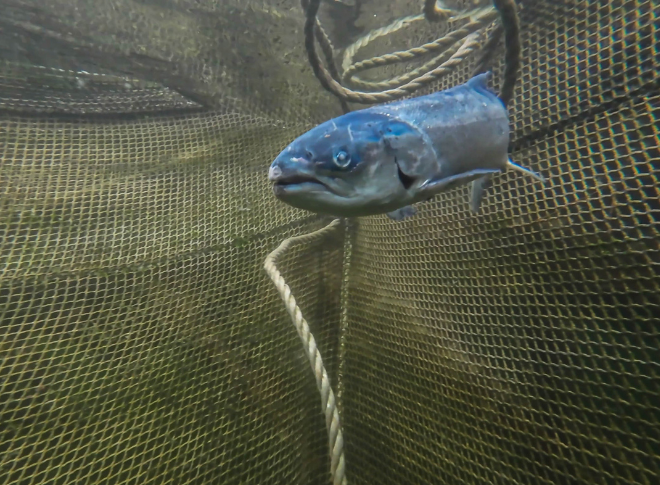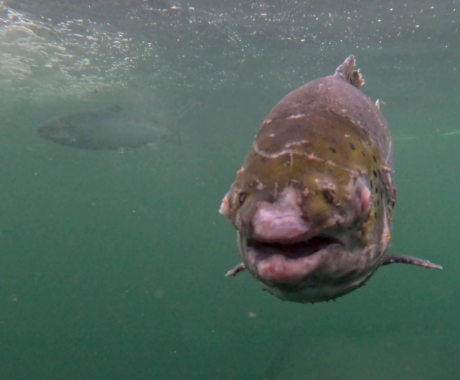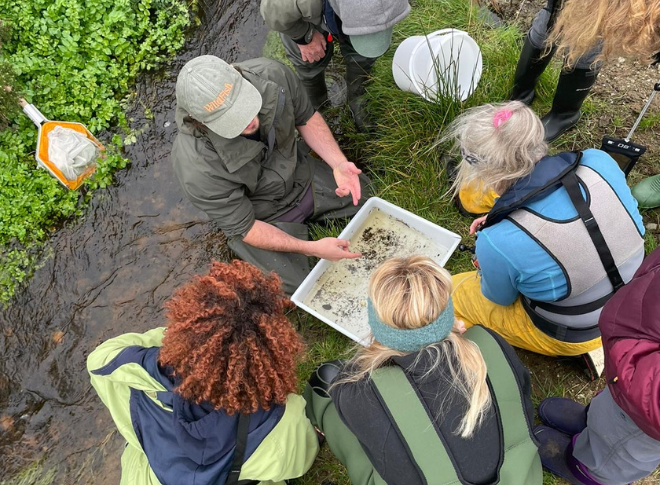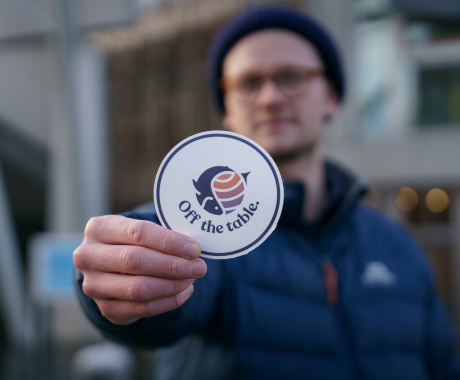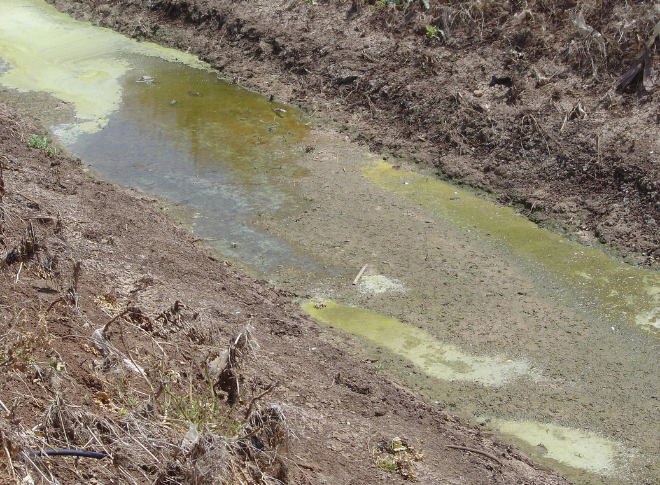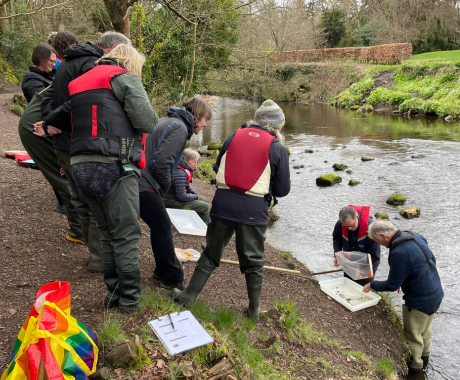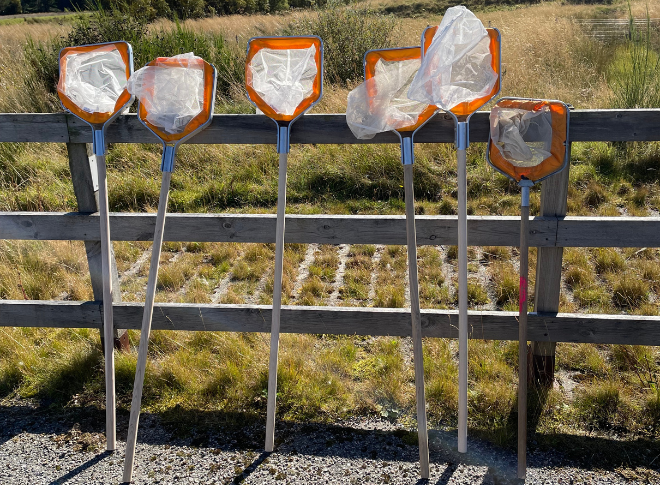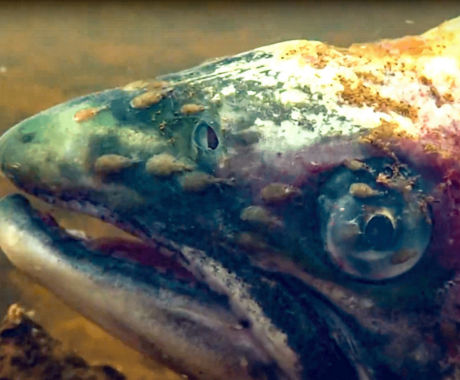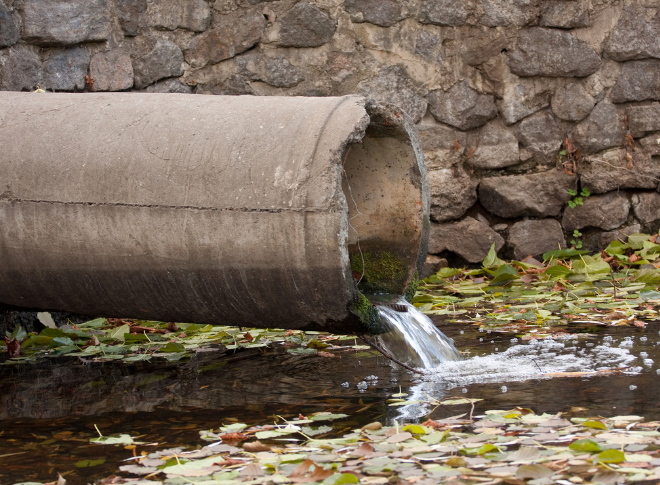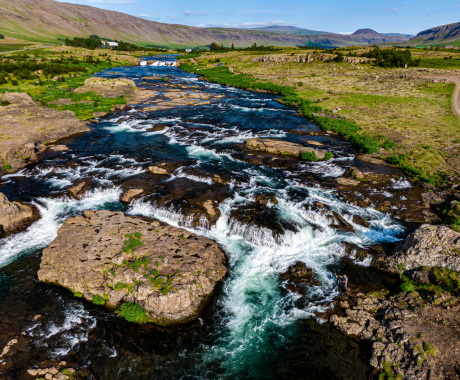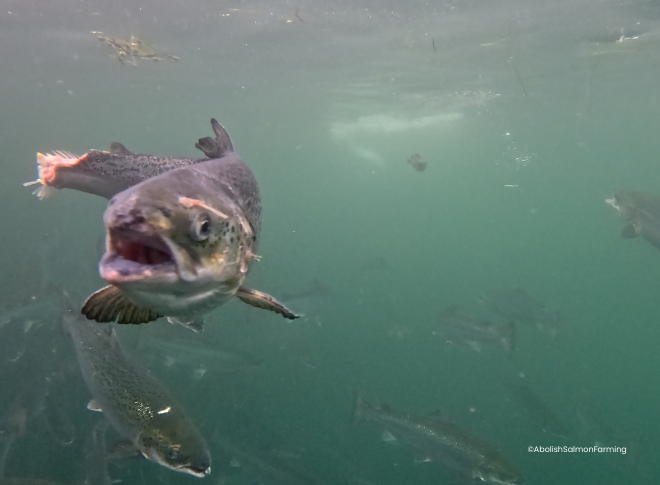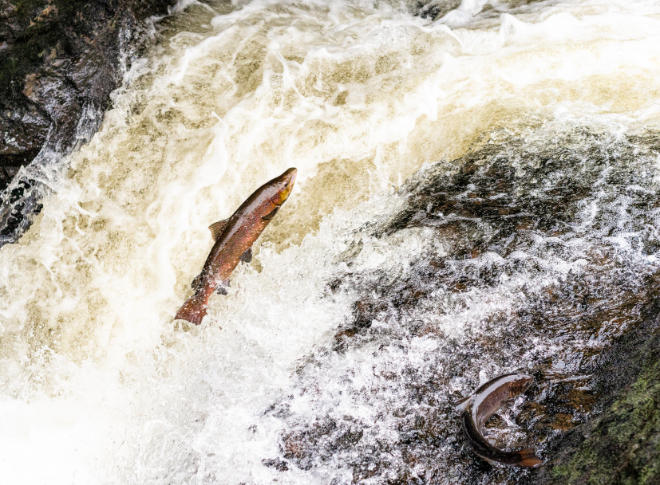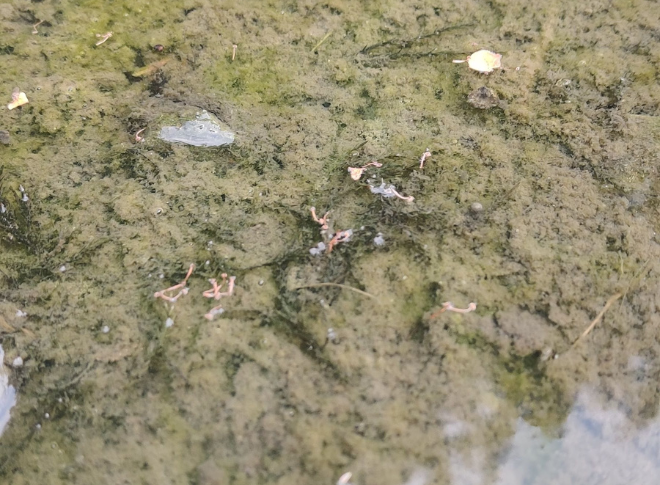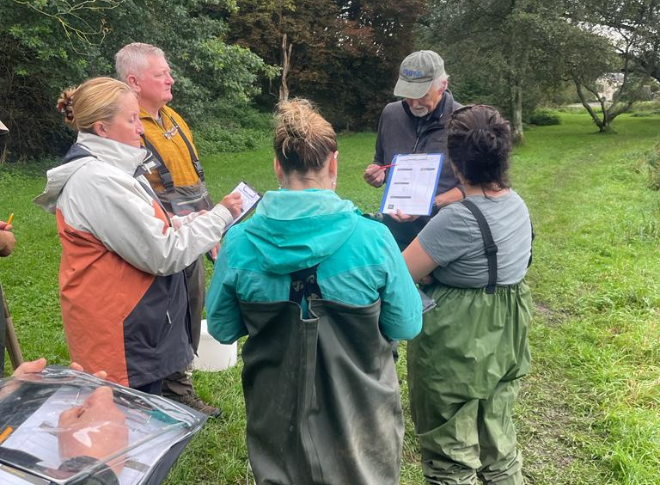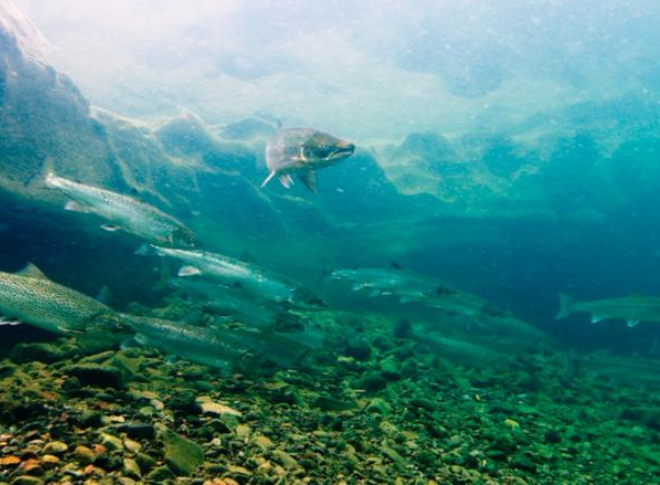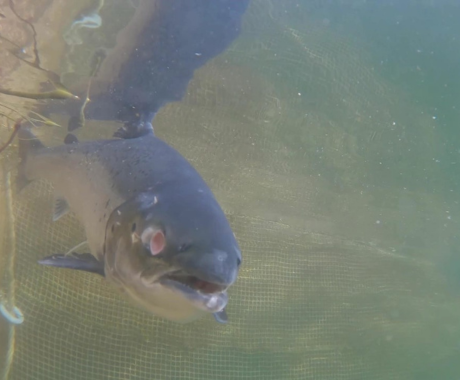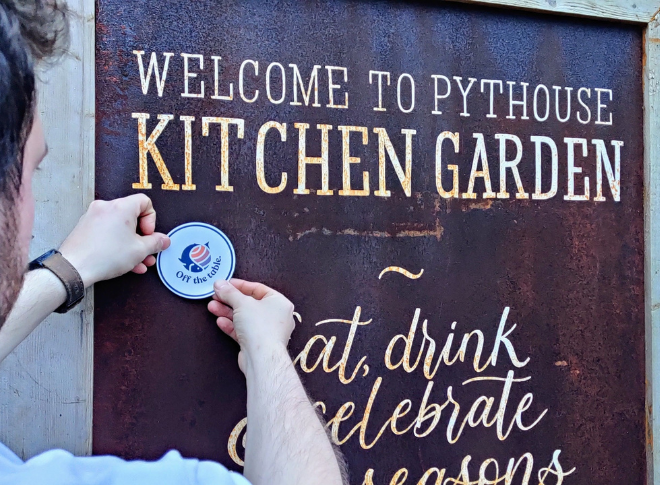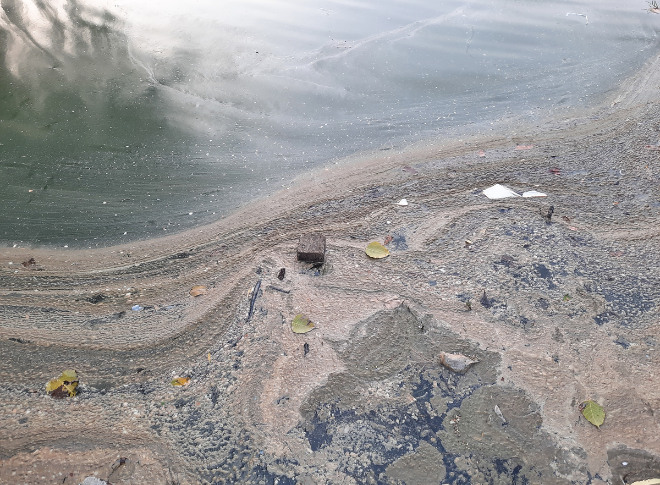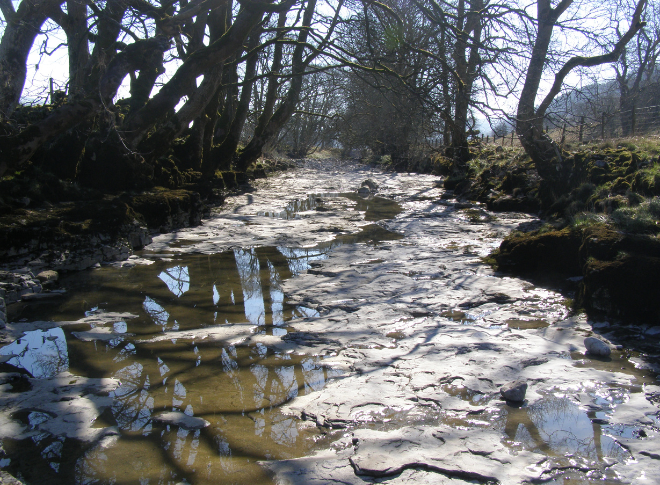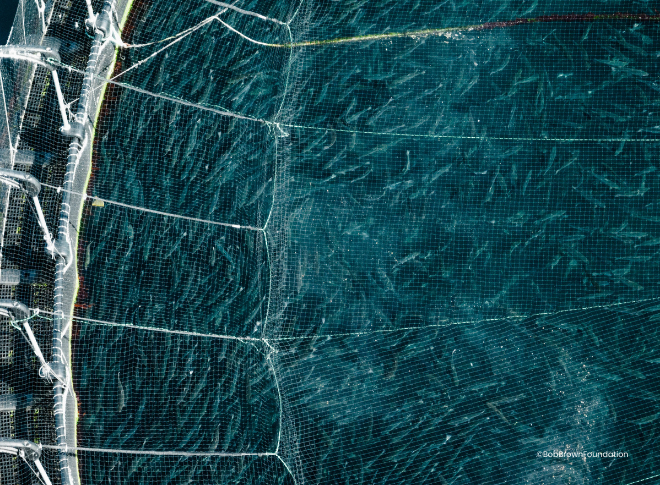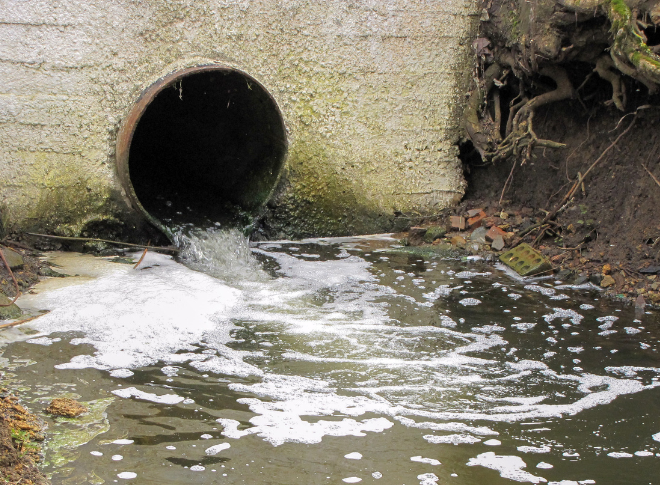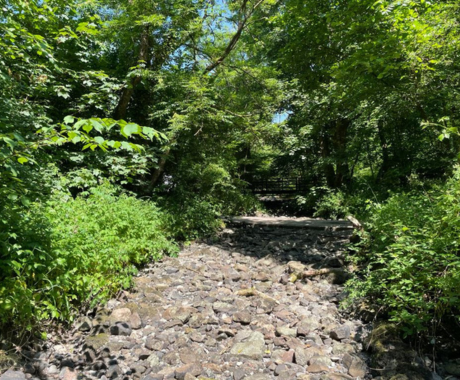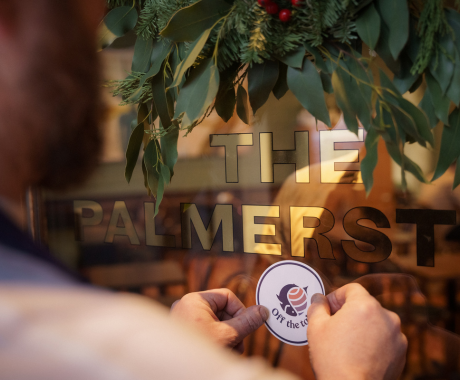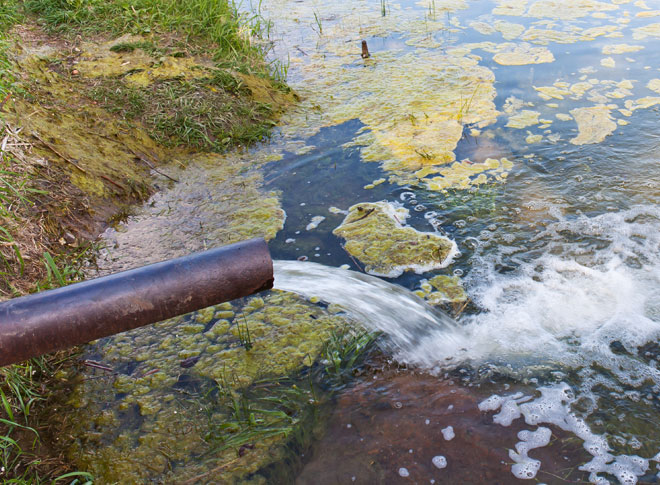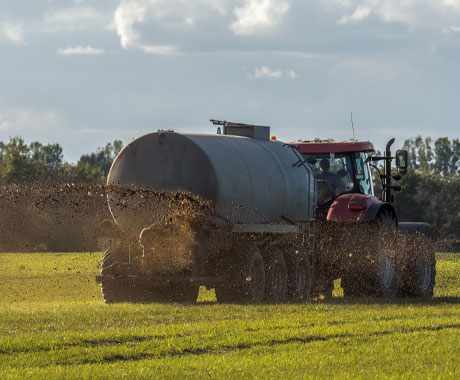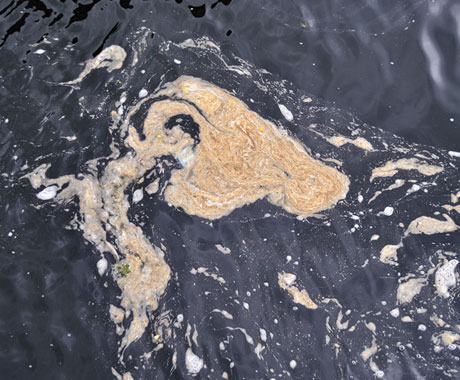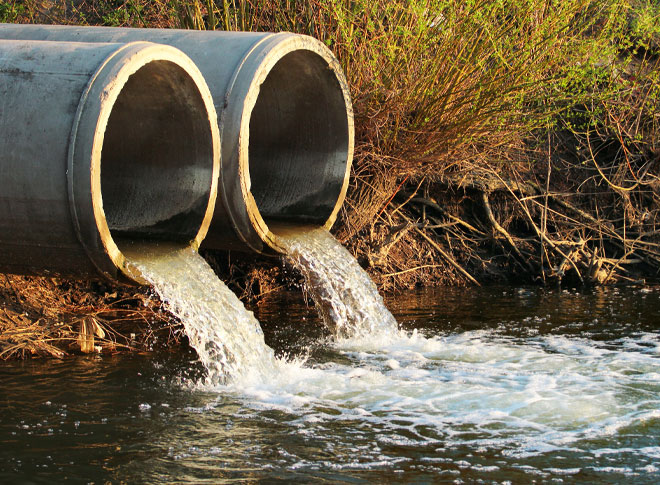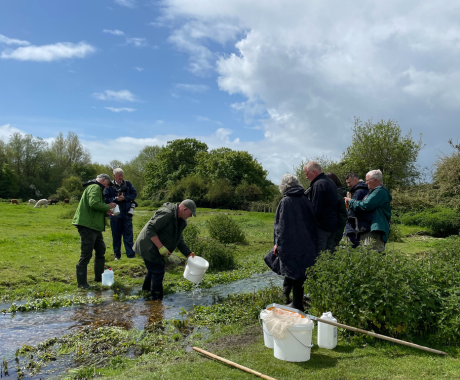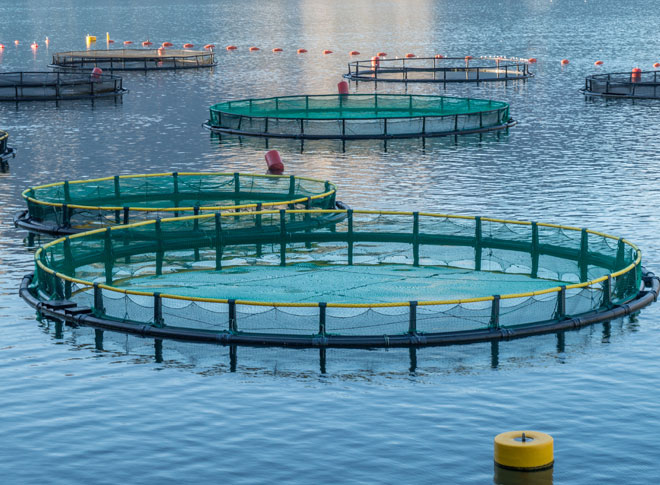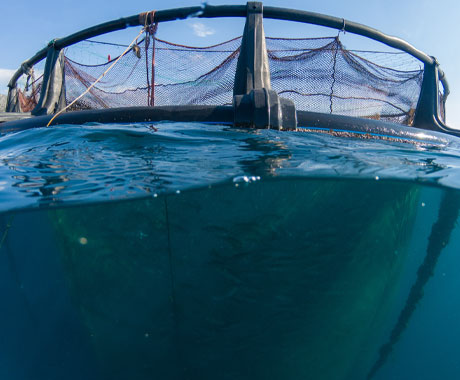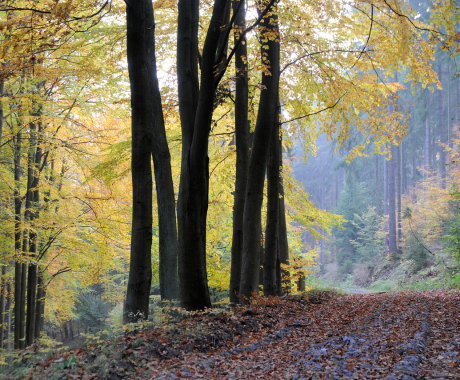WildFish is committed to the conservation of freshwater fish species and their habitats. Here are our recent achievements:
WildFish is committed to the conservation of freshwater fish species and their habitats. Here are our recent achievements:
In 2025, we asked WildFish supporters to email the Independent Water Commission to demand that new developments only proceed when the water industry can ensure a sustainable water supply and adequate sewage infrastructure. Over 1,100 of you sent in your concerns.
In June, WildFish released The Abstraction Report, highlighting the growing pressures on UK rivers caused by water abstraction. The release of this report coincided with one of the driest springs since records began.
In May, WildFish was given permission by the High Court to challenge a planning decision for 170 houses, which could see an overwhelmed sewage works spewing sewage into the Great Ouse.
In April, WildFish supporters successfully raised £25,659 through the Big Give’s Green Match Fund, where donations were doubled between 22–29 April. These vital funds supported the expansion of SmartRivers, our volunteer-led initiative that harnesses science to drive local action for wild fish.
The 2024 WildFish Impact Report highlights a year of progress, meaningful change and relentless advocacy. This report showcases the tangible results of our efforts, the stories behind our successes, and our unwavering commitment to reversing the decline of wild fish populations.
We celebrated another victory in February in our battle against the poor environmental record of Scottish salmon farms, particularly those certified as “organic”. The Information Commissioner ruled that the Soil Association certification body is bound by freedom of information law, meaning inspection records for certified farms should now be made public.
In February, we published the findings of our new report: The Reality Gap. The report shows that Scottish farmed salmon is being marketed in such a way that consumers could be misled as to the origin, welfare and environmental performance of their purchases.
We kicked off the year with the release of our 2025 SmartRivers Progress Report and showcased the vital role our volunteers play in collecting the data that informs our work to reverse the decline of rivers and wild fish populations.
Since March 2024, our Off the table campaign has successfully recruited over 150 hospitality businesses including Wimbledon, O2 Arena, Chelsea Football Club and the National Theatre.
In November, the Information Commissioner’s Office issued a Decision Notice that means farmers’ pesticide use records are now subject to freedom of information requests.
In November, we published the 2023 SmartRivers findings which includes vital information about river health from 351 sample sites across the UK. The results showed concerning levels of sediment pressure and chemical pollution.
We published a new report in which SmartRivers evidence reveals the health of every single river sampled in the Windermere catchment is found to be impacted by sewage pollution with reductions in riverfly species of up to 76%.
In September we published the findings of a new sea lice modelling study indicates that wild salmon from Scotland’s east and north coast rivers could be impacted by salmon farming.
Using SmartRivers data, demonstrate environmental damage to Cunsey Beck in Windermere and demand action to prevent and remediate the damage.
The money raised in our 2024 fundraising auction is vital in our fight to reverse the decline of wild fish populations in the UK. These funds will make a significant contribution to our campaigning as we strive for fresh and coastal waters that are clean, healthy and full of life.
WildFish and Coastal Communities Network (Scotland) make legal complaint to environment watchdog for SEPA’s failure to protect endangered wild salmon from sea lice parasites
The vital funds raised mean we can have an even bigger impact in calling for urgent change to how Atlantic salmon and their habitats are protected by enforcing the regulations that should prevent harm from pollution and removing open-net salmon farms from Scottish waters.
In December, the IUCN Red List of Threatened Species announced that UK populations of Atlantic salmon move to endangered. Understanding the species’ new conservation status would not have been possible without funding raised by WildFish supporters.
In October, WildFish sent formal letters to the Environment Agency and OFWAT setting down exactly what the law requires them to do to end unlawful sewage discharges.
WildFish volunteers sampled 178 river sites throughout the autumn as part of our citizen-science scheme to tackle the growing data gap in river monitoring.
The money raised in our 2023 fundraising auction is vital in our fight to reverse the decline of wild fish populations in the UK. These funds will make a significant contribution to our campaigning as we strive for fresh and coastal waters that are clean, healthy and full of life.
Published in September, a report from WildFish finds salmon farms are certified by leading bodies (including RSPCA Assured and the Aquaculture Stewardship Council) despite substantial marine pollution, inadequate parasite control and monthly mortality rates as high as 74%.
Off the Table launches an international directory of chefs and restaurants who have taken farmed salmon off their menus. From inception, the campaign has been met with a positive response from the hospitality sector, community groups and national and international NGOs.
On 4 July, the legal challenge brought by WildFish, which seeks to have the Government’s sewage plan rejected as unlawful and re-written, was heard in the High Court.
WildFish ran a successful campaign to improve the transparency of Water Resources Management Plans (WRMPs). Campaigning efforts brought forward proposed abstraction reductions in Wessex Water and Portsmouth Water’s supply areas. In addition, legal pressure on Southern Water and South West Water led to both companies re-consulting on their draft WRMPs.
WildFish report Breaching the Limits found that the Scottish salmon and trout farming industry is allowing parasitic sea lice levels to reach over 5 million lice on a single farm at one time, with up to 2 billion sea lice being emitted over a week, risking fatal spread to wild fish.
On 14 February, WildFish was given permission to apply for judicial review of the Government’s “Storm Overflows Discharge Reduction Plan”. The legal challenge is led by leading environmental law barrister James Maurici KC, Charles Bishop of Landmark Chambers, and Fieldfisher LLP.
In February, WildFish published the report: England is not prepared for drought which reveals that across England current water supply is unable to meet public demand in times of extreme drought.
Off the Table is a coalition campaign coordinated by WildFish. The campaign aims to raise awareness of the environmentally destructive nature of the salmon farming industry and calls on the hospitality sector to take farmed salmon off its menus. Since its launch (October 2022), the campaign has recruited over 140 chefs, restaurants and hospitality businesses and more than 50 community group partners.
Following a complaint by WildFish, the Office for Environmental Protection announced (June 2022) an investigation into The Secretary of State for the Environment, Ofwat and the Environment Agency. The OEP will explore their failures to comply with relevant environmental law duties relating to untreated sewage discharge into English rivers by water companies.
WildFish force change to how Farming Rules for Water will be enforced to protect English rivers. WildFish forced a change in guidance which would have encouraged farmers unlawfully to apply slurries and manures to their land, in excess of the needs of the soil or crops on that land
WildFish submits their first complaint to the Office of Environmental Protection (OEP). This complaint challenges the failure of Ofwat and Secretaries of State to enforce the law and protect English rivers from sewage pollution.
In late 2020 Bakkavör announces they are closing their salad washing plant at Alresford on the Upper Itchen. This follows continued pressure from WildFish about the pesticide pollution in their discharge, which impacts the ecology downstream.
Over almost 40-years, WildFish contributes to political lobbying that leads to the Fisheries Minister announcing a closure of English Salmon Netting in Northeast England in 2019. Compulsory release of all salmon caught in coastal T&J nets is announced at the same time.
“WildFish campaign tirelessly to preserve and protect waterways and the species that live in them”.
WildFish launched SmartRivers, a volunteer-led river sampling programme. Volunteers sample aquatic invertebrates as indicators of water quality.
The formal petition, submitted by WildFish, to the Scottish Parliament in 2016 triggers a Parliamentary Inquiry into the salmon farming industry. Conducted by two committees, it sets out to consider a reform of open-net salmon farming while highlighting the industry’s impact on wild salmon and sea trout.
WildFish submits a formal petition to the Scottish Parliament for tighter regulation of open-net salmon farming and limit harm to wild fish.
WildFish in-river phosphate sampling leads to the development of new phosphorus discharge limits for watercress farms.
“Finally wild fish have found a voice. A voice of authority & independence, free of the tawdry shackles of water industry and government funding”
WildFish campaigning to The Scottish Government played a pivotal role in this closure. A significant success for wild Scottish salmon and sea trout conservation.
Play videoWildFish challenges the Forestry Commission’s use of cypermethrin and the legal basis for the derogation. The use of the chemical wasn’t stopped, but was only granted for three years (instead of five) meaning alternatives to minimise the impact on salmon and trout spawning streams are accelerated.
Support like yours allows our determined campaigning team to fight the destruction caused by open-net salmon farming, pollution and over-abstraction
Find out about all the ways in which you can help wild fish…
